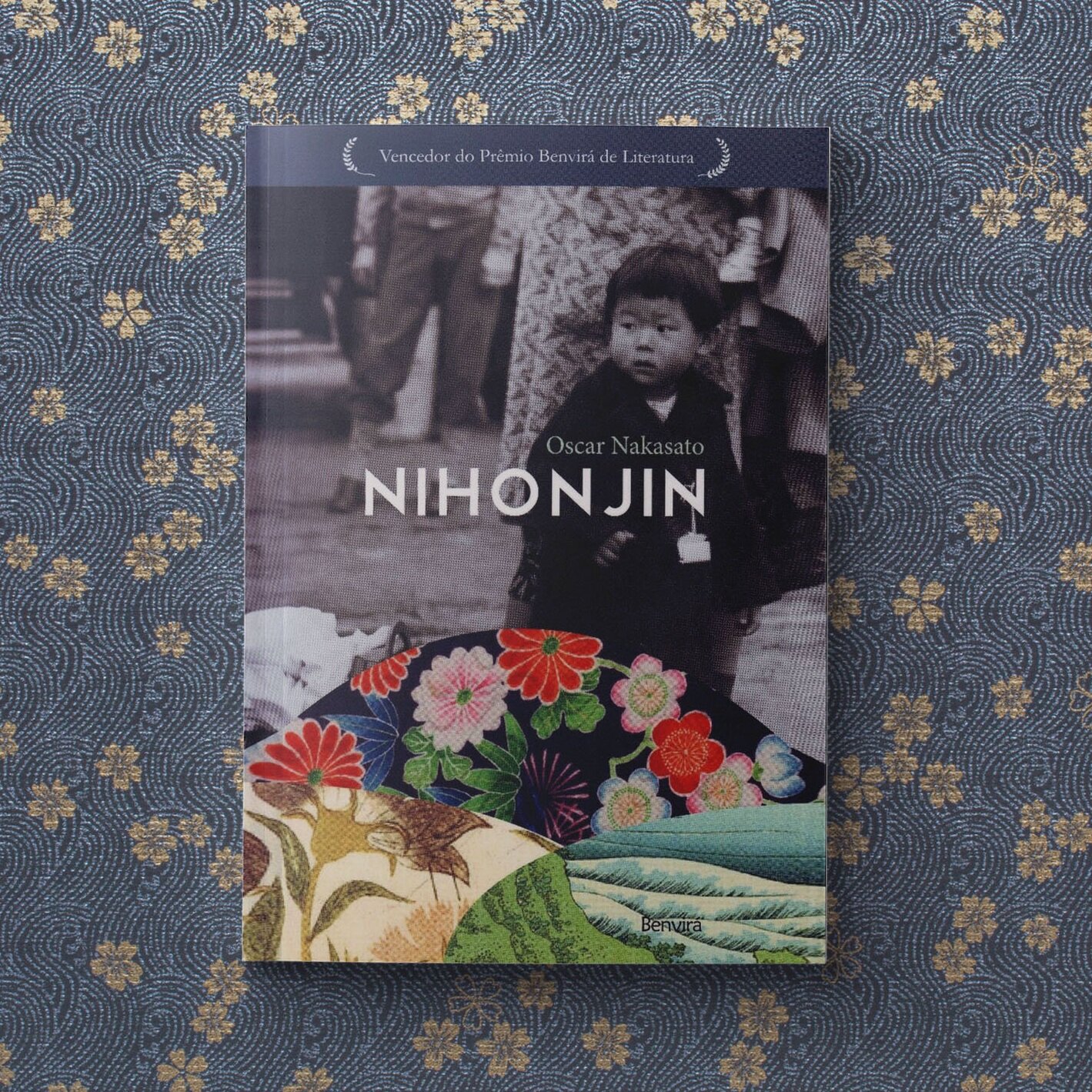Nihonjin by Oscar Nakasato
Title: Nihonjin
Author: Oscar Nakasato
Year of publication: 2011
Pages: 175
Publisher: Benvirá (Brazil)
World English rights available.
Translator: Zoë Perry
“This novel is, above all, a skilled retracing of the history of Japanese immigration in Brazil, an underrepresented topic in [Brazilian] literature. Its literary strengths lie not only in its direct, no-frills prose, its memorable characters and conflicts, but also in its power to touch the reader.”
“A book that took Brazilian literature by storm.”
Brazil is home to the largest Japanese population outside Japan — a fact that often surprises those unfamiliar with the country — with the first Japanese immigrants arriving in 1908. In the modern Brazilian canon, there has been a historical lack of representation of Japanese-Brazilians, a blank spot on the literary map of Brazil, despite the nearly 1.6 million people of Japanese ancestry living in the country.
Written as a fictional memoir, Nihonjin, by Oscar Nakasato, follows three generations of a family of Japanese immigrants in Brazil through windows on major life events. Japanese cultural heritage has left an important mark on Brazil’s history and this novel brings those stories to life. The reader is presented with a sort of family album of personal memories, feelings, and perceptions, set against the social and political backdrop of 20th century Brazil. Family members die, new generations are born, children are disowned, new relationships are forged, a language is lost, conflicts arise — rooted both within the family and in the community and world around them — and dreams of returning to Japan wither away.
Nakasato's writing is limpid and direct, devoid of stylistic flourishes or sentimentality, but it also has a delicate, dreamy depth to it. This understated elegance and serenity in the face of the ever-present conflict between the characters' two ‘worlds’ results in a subtle, meditative and thoroughly readable novel that will stick with the reader.
Oscar Nakasato is a writer, critic, and professor from the southern Brazilian state of Paraná, and the grandson of Japanese immigrants. He has an MA in Comparative Literature and a PhD in Brazilian Literature, and teaches in his home state. Several of his short stories have been awarded prizes and his work has been translated into Japanese.
Nihonjin, his first novel, won the prestigious Jabuti prize in 2012 and was named one of the ten best works of Brazilian literature according to the reviewers of the Homoliteratus website, alongside books by Clarice Lispector, Raduan Nassar and Daniel Galera. It was also listed among the 20 best works of Brazilian fiction of the last 20 years, according to a poll by the newspaper Cândido.
“[Nihonjin] is a nuanced novel, narrated with a firm prose style and without the slightest interest in over-the-top aesthetic experiments.”
“Nihonjin is, first and foremost, a beautiful, delicate book, dense with humanity and an understanding of historical events.”

